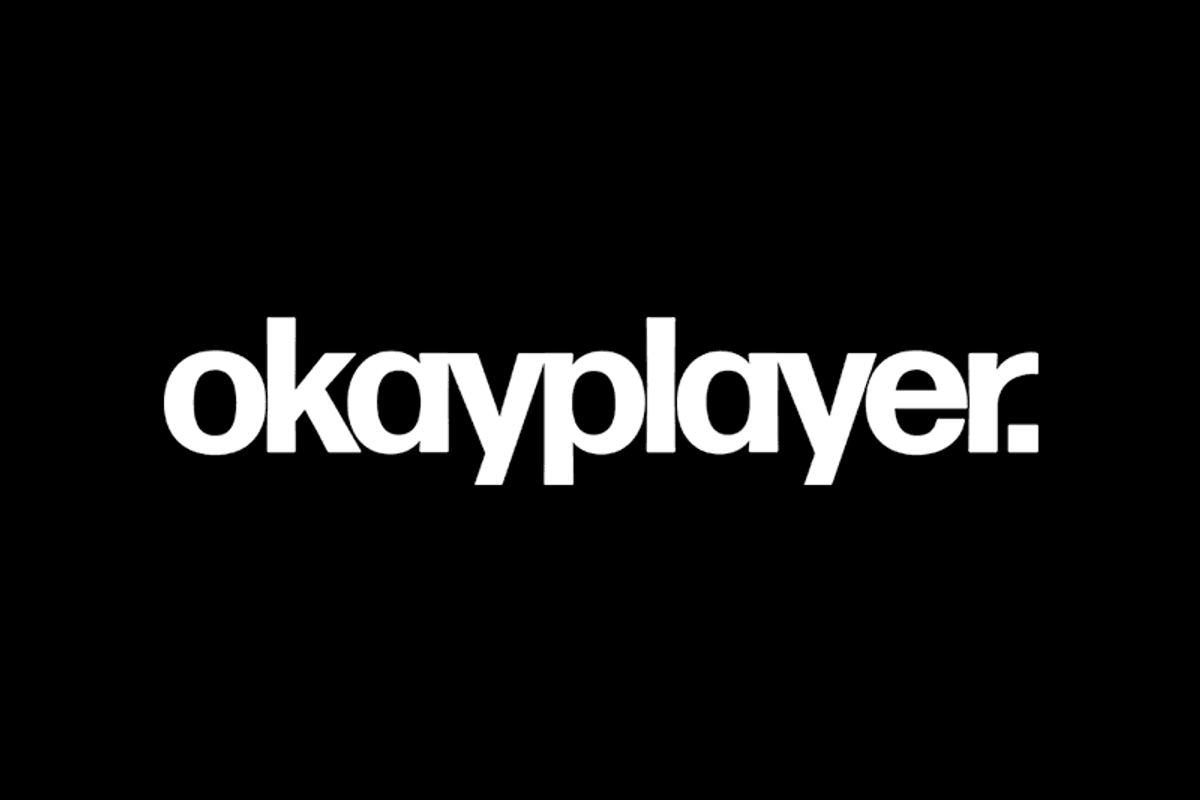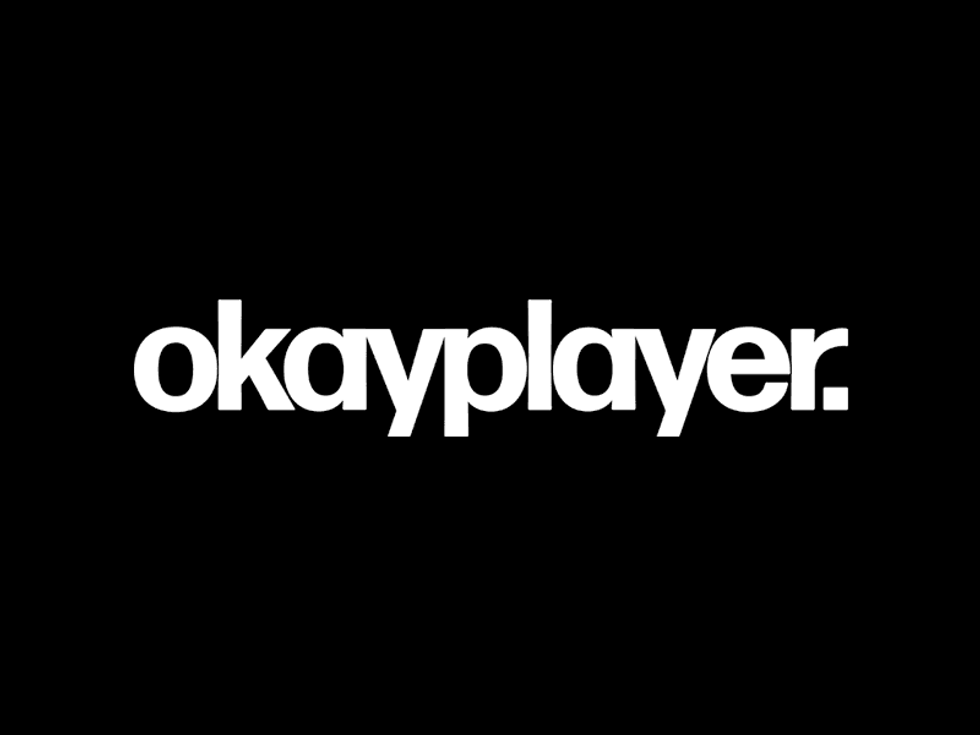
Breakfast club power 105 1
To continue reading
Create a free account or sign in to unlock more free articles.
By continuing, you agree to the Terms of Service and acknowledge our Privacy Policy
Register
The content is free, but you must be subscribed to Okayplayer to continue reading.
THANK YOU FOR SUBSCRIBING
Join our newsletter family to stay tapped into the latest in Hip Hop culture!
Login
To continue reading login to your account.
Forgot your password?
Please enter the email address you use for your account so we can send you a link to reset your password:


One of the first things I saw popular writer and media personality, Janet Mock tweet before revealing she was going to the popular radio show, The Breakfast Club, was how she was “doing it for the culture.” This felt familiar. As someone interested in participating in pop and mainstream culture, but not uncritically, I fully understood Mock’s desire to participate in a space that is often problematic and violent. It is at intersections that are most risky and subversive new worlds and dialogues can be birthed. It is exciting to think that the hip-hop world and the transgender community would have a moment to dialogue in ways that are rarely seen. I was excited to witness this moment.
Unfortunately, this did not happen. Janet Mock’s eloquence met a wall of locker room fascination with genitals and hypothetical, hyper-sexualized fantasies. A new world was not born, instead Janet Mock’s voice was sucked into a black hole of sensationalism and poorly formed attempts at humor. We win some, we lose some. It is not that I anticipated for Janet Mock’s transgender identity to be left undiscussed, but I did anticipate for it to be joined with hip-hop culture. In the same way when Nicki Minaj goes to The Breakfast Club, her womanhood isn’t just dissected and interrogated, but questions are asked that only could happen when womanhood and hip-hop culture collide. I felt Janet Mock’s identity was picked and poked at, but never engaged with the culture the radio station claims to represent. As a member of the LGBTQIA and hip-hop community, I was insulted by the laziness.
READ: Myles E. Johnson On The Devil and Joanne Prada
A few days later, the now infamous moment between Lil Duval and the other hosts of The Breakfast Club transpired where the comedian jokes about the death of a trans black woman if he were to sleep with someone of this identity unknowingly. Laughs fill the air and Duval is casually reminded that he can’t do that; not because we love black trans women, not because black trans women should be empowered, or that black trans women are valid, but because it is a hate crime. The moral appeal of not killing a black woman on The Breakfast Club was simply because it was against the law. And one host, Charlamagne Tha God, even further demonizes trans identities by criminalizing trans black women by saying that there should be jail sentence for transgender folks that don’t “reveal” their gender story to sexual partners.
The internet exploded with social media commentary, hashtags and essays. I mostly observed because there was nothing to say that wasn’t already being said by someone closer to the violence than me, but that I agree. What I did start to grapple with was the disappointment The Breakfast Club grew to be.
I learned how to speak in barbershops. I learned how to share information in hair salons. And I was taught how to protect myself with humor and sharpness at family reunions. There is a boldness in me that was honed in black social and familial spaces. The Breakfast Club was a space that honored that subversive, loud, transgressive black voice that I was taught to use and was surrounded by growing up. I loved it. I loved that The Breakfast Club seemed to be unapologetic and radical in a way that was familiar to me, but still gained platform and access just by staying plugged into the black community. It gave me hope for my own potential for success.
I also loved what this gave space to. Because how The Breakfast Club arrived at stardom, they have the ability to say truly radical and progressive things with millions upon millions of ears pressed to their speakers to hear the sounds of their voices. They failed.
READ: Myles E. Johnson On How Whiteness Gets To Exist In Art
Even in the most progressive host, Angela Yee, she still failed to turn the violent behavior she observed into a pedagogical moment of how to defend vulnerable people when you witness violence happening. The laughs weren’t because of what Lil Duval said was funny, but it is because the show is simply a joke.
It has all the tools to disrupt domination, which seems especially necessary in this political moment, but it failed. It is because the people involved with The Breakfast Club have not arrived at the moment they built on the backs of black (and yes, this includes LGBTQIA) support, they simply giggle at it attempting to assuage guilt by making their platform seem apolitical, simply for entertainment, and not responsible for what they platform. I observed this and realized that it might just be lunchtime.
Because of this political moment and the growing desire for conscious pop cultural content, The Breakfast Club might have saw its height in yesterday and it will be seen as more and more culturally irrelevant as more voices rise and more assaults from the radio show unfold (the fatphobic rant Charlamagne Tha God went on yesterday concerning Usher’s accuser is sure to be another nail in their cultural coffin). I think they will have a moment where their audience has grown too sophisticated for their brand of humor and sensationalism, and desire something just as loud, bold and black, but not uncritical or irresponsible. After all, all meals get ate.
It is just sad to see The Breakfast Club being eaten alive by their own ignorance.
Myles E. Johnson is an Atlanta, Georgia-based storyteller. He is also the creator of the literary project, Dear Giovanni. You can follow him on Twitter @HausMuva.